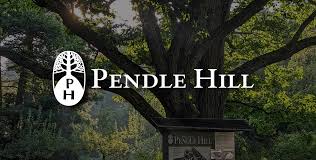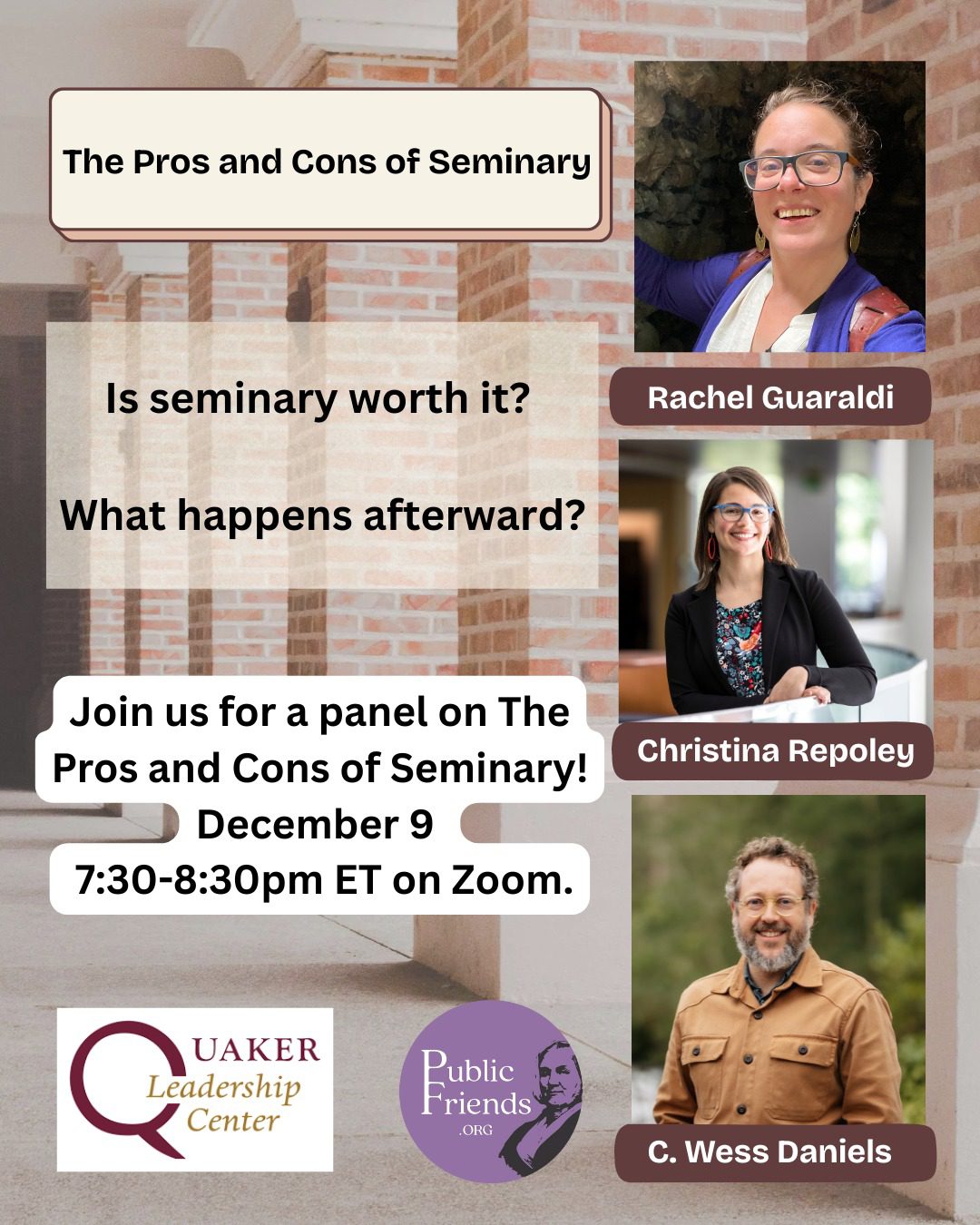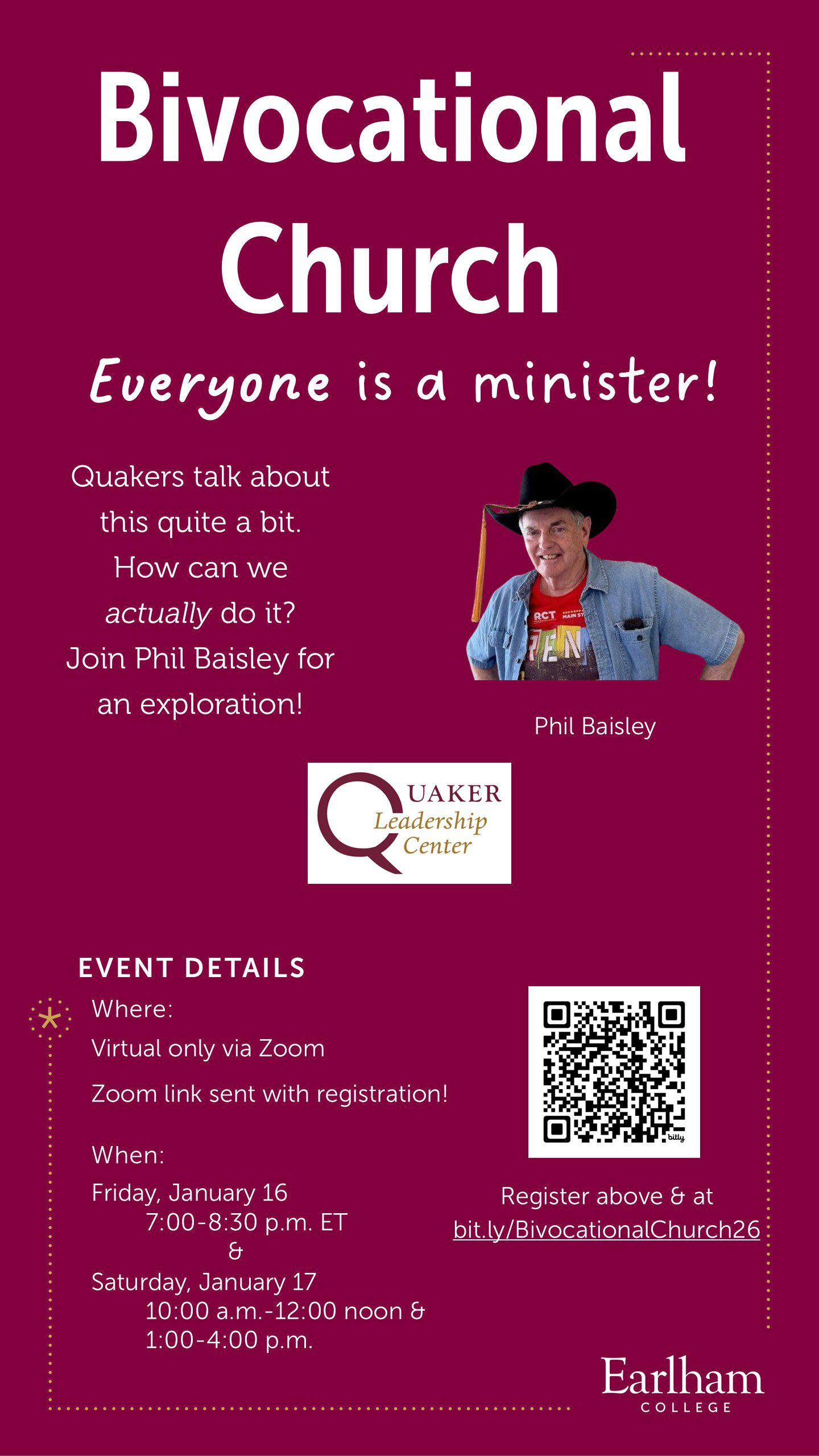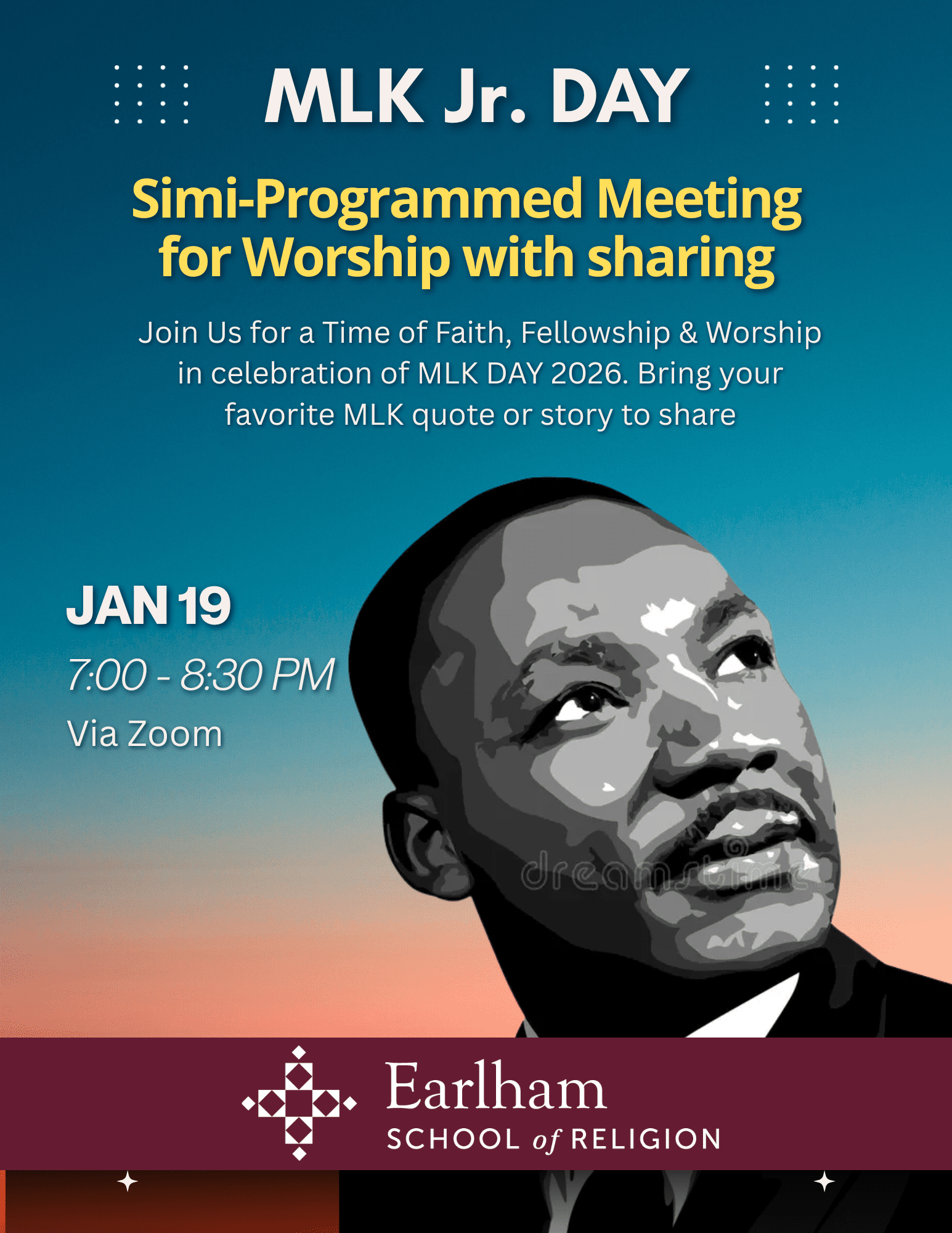
Pendle Hill Info Session
We invite you to learn more about Pendle Hill, a Quaker center fostering Spirit-led learning, retreat, and community. We are committed to creating peace with justice in the world by transforming lives through our programs, services, and campus.
In this info session, you can learn about the QLC and Pendle Hill partnerships, and other upcoming residencies and learning opportunities at Pendle Hill. QLC and Pendle Hill staff will share about our ongoing Quaker Institute and Quaker Leadership Conference collaborations. Pendle Hill Director of Education will also share about other Pendle Hill resources and opportunities: residences, including the Spring Term Resident Student Program, Pendle Hill’s artist and scholar residencies and Friend-in-Residence program; our publications and podcast; and other online and on-campus upcoming events.
A core component of Pendle Hill’s educational program is providing religious seekers, leaders, writers, artists, scholars, theologians, and activists with extended residencies to conduct their creative projects in the context of a spiritual community rooted in a daily rhythm of common meals, work, worship, and contemplation.
Leaders: QLC co-directors Della Stanley-Green and Andy Stanton-Henry and Pendle Hill Education Director Frances Kreimer



